Saltwater fishing is an exhilarating and rewarding experience. However, it can also be tough on your fishing tackle, especially your lures and flashers. Saltwater is highly corrosive, and if you don't take proper care of your tackle, it can quickly deteriorate, rust, and become unusable.
-
Taking care of your saltwater fishing tackle is essential if you want to prolong its life and get the most out of your investment. Here are some tips to help you care for your lures and flashers:
-
1. Rinse Your Tackle after Use
-
The first step to caring for your saltwater fishing tackle is to rinse it thoroughly after each use. Use freshwater to rinse off any salt and sand that may have accumulated on your lures and flashers. Saltwater is highly corrosive and can quickly eat away at the metal components of your tackle, leading to rust and corrosion. By rinsing your tackle with freshwater, you can remove any salt and sand that may be present, reducing the risk of corrosion.
-
-2. Dry Your Tackle after Rinsing
-
After rinsing your tackle, make sure to dry it thoroughly. Use a clean towel to wipe off any excess water and moisture and allow at least an hour of air drying time before storing. Saltwater can cause metal components to rust if they are left damp for an extended period. Drying your tackle after rinsing it will prevent this from happening.
-
3. Store Your Tackle in a Dry Place
-
Once you have rinsed and dried your tackle, store it in a dry place. Moisture is the enemy of your tackle, and storing it in a damp place can lead to rust and corrosion. Make sure to store your tackle in a dry and ventilated place to prevent any moisture buildup. For Flasher storage solutions, check out our Delta Flasher storage box or Silver Horde Flasher storage bag!
4. Replace Worn-out Hooks and Split Rings
-
Hooks and split rings are essential components of your tackle, and they can wear out over time. Replace them regularly to ensure that your tackle is always in good working condition. Worn-out hooks and split rings can break or bend, leading to lost fish or damaged tackle.
-
Taking care of your saltwater fishing tackle is crucial if you want to ensure its longevity and maintain its effectiveness. By following these simple steps, you can keep your saltwater fishing tackle in top condition and enjoy successful fishing trips for years to come!
-
-




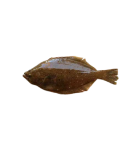
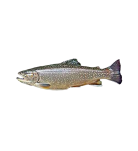
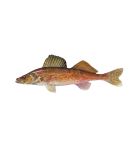
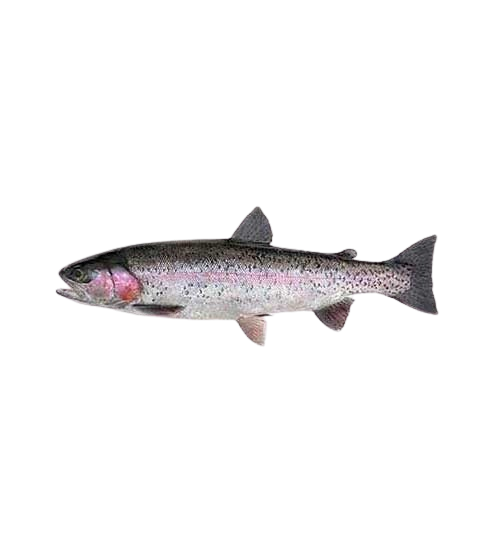


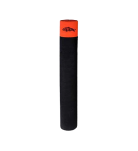
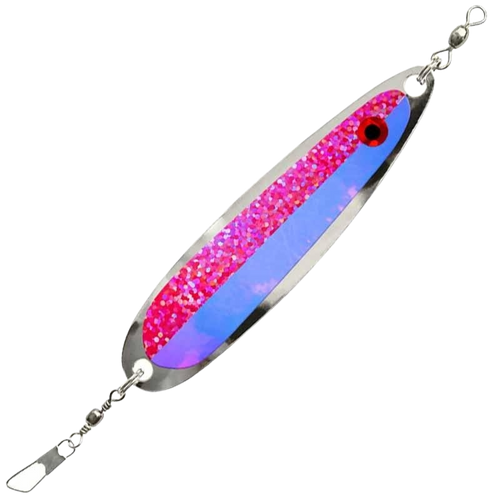

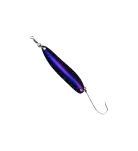
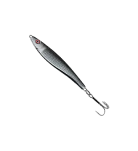
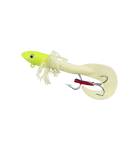
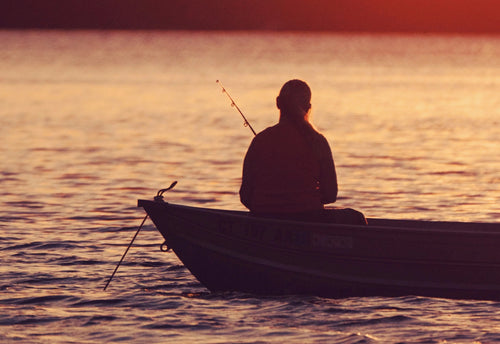
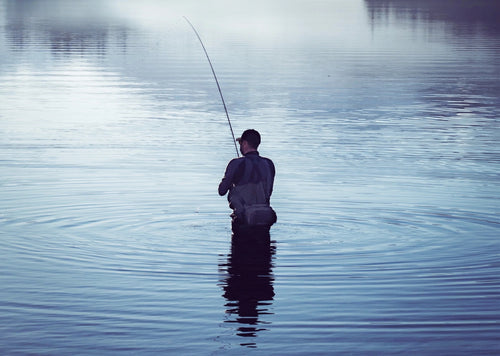
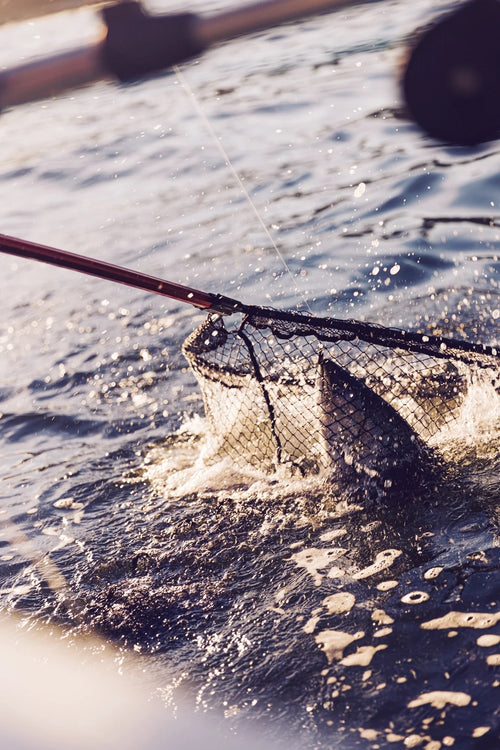
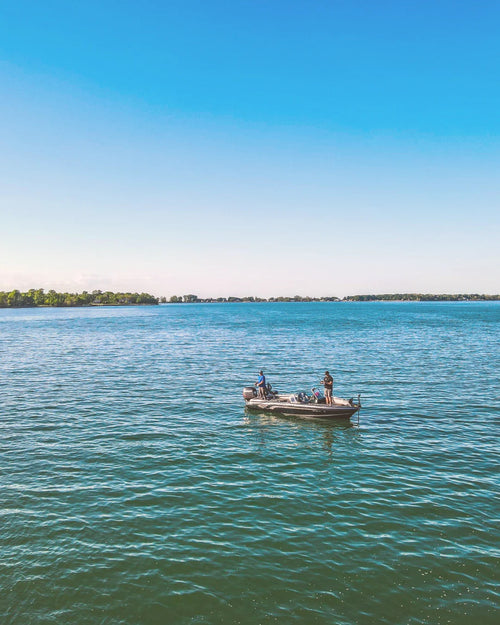

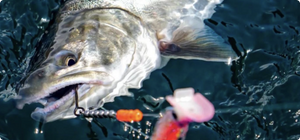
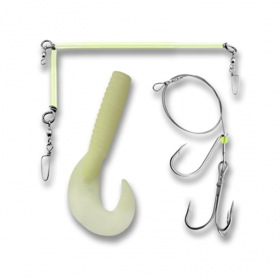
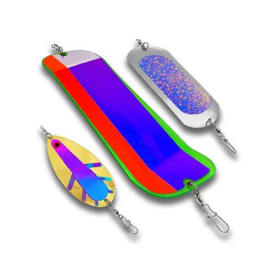
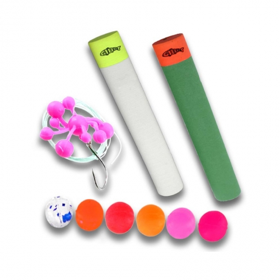
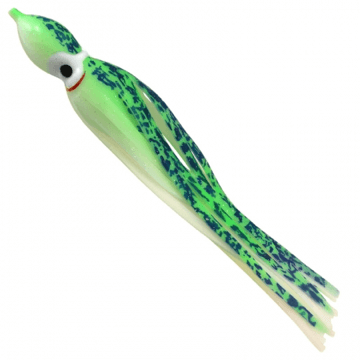
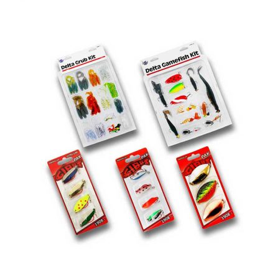
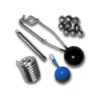
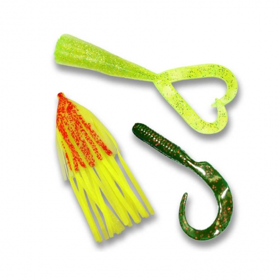
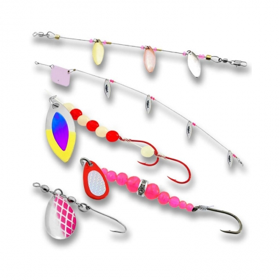
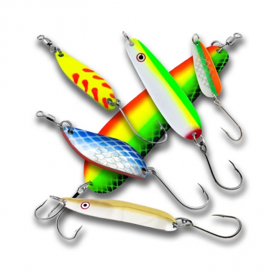
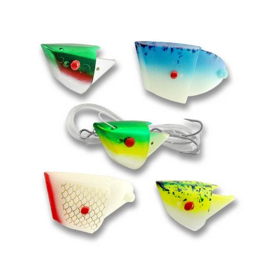
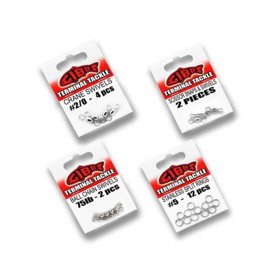
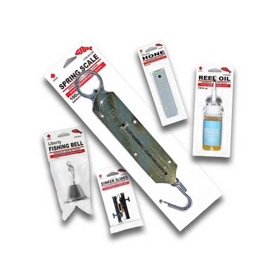
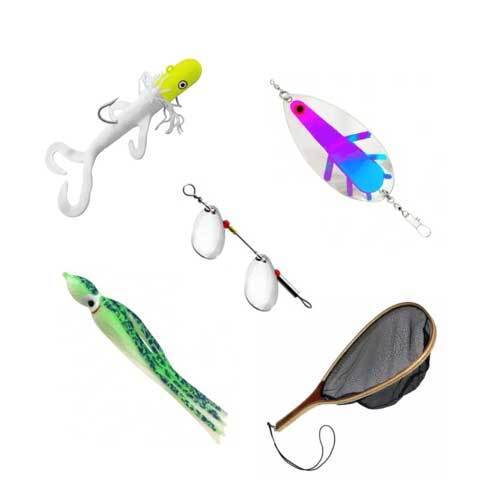






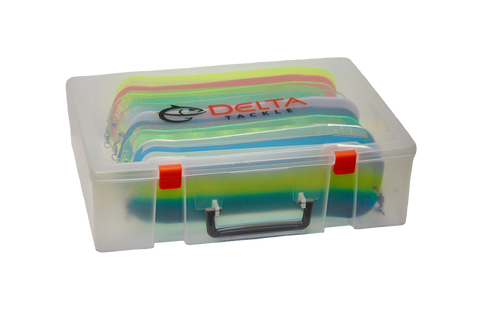




Leave a comment